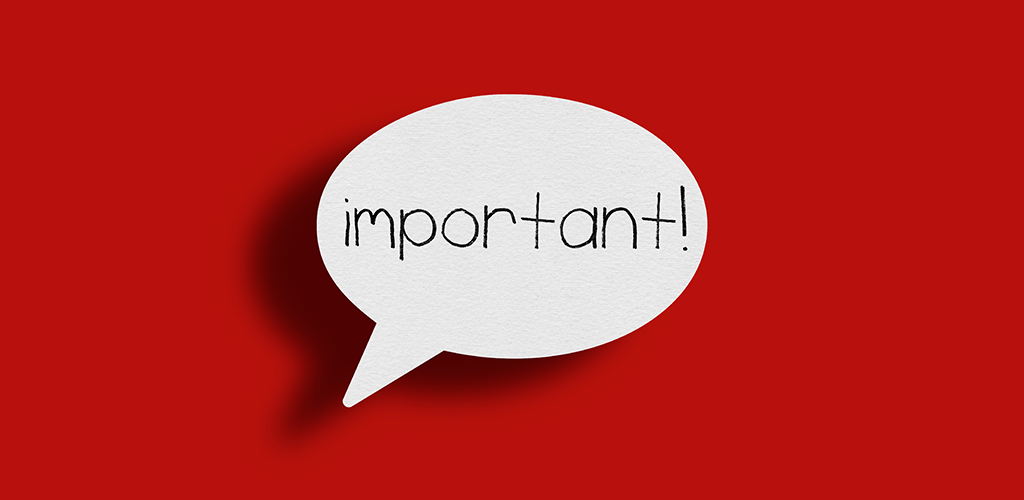What is Channel Marketing and How Do You Use it Successfully?

In order to make money, most businesses sell products. Those products may be physical or digital, or they may take the form of services and programs. Ultimately, their goal is to appeal to consumers, by solving problems or filling gaps in the existing market. However, having a good product alone isn’t enough to make it sell. That’s where channels come in. Here’s everything you need to know about channel marketing:
- What is it?
- Types of channels
- The importance of channels
- How to choose the right channel
- How to be successful
What is Marketing Through Channels?

All products have a place in the market. The way they reach that place is through the use of marketing channels, which are the methods employed to move a product from the manufacturer to the end-user. Channels help businesses expand their sales forces by reaching customers at a variety of touch points, including in-store and online.
Types of Channels

There is an enormous variety of channels available to a business. Vending machines, door-to-door sales representatives, and social media ads are all types of channel marketing. Each one varies in the effectiveness of its reach and performance, so many organizations employ the use of multiple channels. These are the main types of channels used by businesses:
- Manufacturer to Consumer: In this situation, the maker of a product sells it directly to the person who will be using it. For example, an independent jewelry designer receives an order through their website and ships it directly to the buyer. Manufacturer to consumer channels are one of the most profitable ways to sell goods and services because there is no middle-man taking a cut of the profits.
- Manufacturer to Retailer to Consumer: Sometimes, a manufacturer doesn’t have the means or simply isn’t interested in selling their product directly to the end-user. In this case, they use a retailer as a middle-man to stock the item in stores and sell it to customers that way. For example, a clothing company may sell their t-shirts to Wal-Mart, who then sells them to consumers. This is one of the most popular methods of channel marketing around the world.
- Manufacturer to Wholesaler to Consumer: Another popular channel for distributing products is for a manufacturer to send their goods in bulk to a wholesaler who then sells it to the consumer. Perhaps the most popular example of this method is Costco, a business that buys bulk orders from manufacturers to then sell to the end-user. Using wholesale retailers as a middleman is a great method of channel marketing for manufacturers who want to reduce costs for the consumer, because bulk orders often receive a steep discount.
- Manufacturer to Distributor to Reseller to Consumer: Finding and partnering with individual retailers in order to distribute products is a time consuming process. That’s why many manufacturers partner with a distributor instead. The distributor will take over the responsibility of finding resellers (retailers and wholesalers) so a product can be quickly sold in a variety of locations. A product being distributed through this channel has many tiers to go through before reaching the consumer. Although this helps to increase the chances of customers seeing and buying products, it also makes the item more expensive because more parties must take a cut of the profits.
- Manufacturer to Middlemen to Consumer: Some businesses prefer a more in-person approach to selling their products, so they opt for affiliate salespeople. These salespeople are individuals who sell at a local level. For example, Avon uses affiliates who sell their beauty products to friends and family, go door-to-door, or host sales parties online and in-person.
- Manufacturer to Technology to Consumer: Technological advances over the last few decades have opened up an even wider range of marketing channels to businesses. Some of the most popular include website and social media channels, email marketing, content generation and SEO, and pay-per-click advertising. While these channels don’t necessarily sell a product directly to a customer, they make the customer aware of a product’s and business’ existence.
The Importance of Picking the Right Channel

Channels help a business sell its products, which makes selecting the right channels especially important. If a business owner opts for the wrong one, sales are likely to fall flat. That’s just one reason choosing the right channels is crucial. These are a few others:
- Reach New Customers: You can’t make a sale if people don’t know that your product exists. The right marketing channel will help you reach out to new audiences and hopefully increase their intent to buy so they become customers in the future.
- Learn More About Your Audiences: In many cases, channel marketing outlets are closer to your customers than you are. That makes it easier for them to collect information about them, including what they think about your products and business.
- Save Money on Advertising: Often, the channels you use will market your products for you. After all, retailers and affiliates also earn money by selling your goods and services. If you pick your channels well, you may never have to spend money on your own advertising campaigns.
How to Choose the Right Channel

Picking the right channels to market your products can earn and save you money. But how do you make the right choice?
- Consider the Physical Attributes of Your Products: Is your product fragile (like a handmade vase)? Perishable (like baked goods)? Straight up enormous (like furniture)? The actual physical attributes of your items will help you pick the right channels. For example, something that is perishable needs a short sales channel to reach customers before it goes bad.
- Consider Your Products’ Ease of Use: If your products are really difficult to use, shipping them off through a distant marketing channel might not be the best option for your brand. You’ll be removing the product from sales representatives who are experts in its use and who can promptly answer customer questions.
- Consider Your Brand: Every business has a specific brand image they want to maintain. When it comes to picking a sales channel, a business should choose distributors who will help them maintain that image, rather than tarnishing it.
- Consider Your Competitors: What channels do your competitors use? It may be worth choosing those same channels to put your products in direct competition. Alternately, you may want to choose a channel that your competitors don’t use to help you reach new markets without much competition.
- Consider How Much Time You Have: Some channels require more time and effort than others. If you want to quickly and easily get your products out, search for the channel that matches your needs.
- Ask Yourself How Each Channel Benefits You: If a particular channel is likely to drain your resources, require a lot of effort, and not return much in the way of a reward (like increased revenue), it’s likely not the channel for you.
How to Be Successful at Channel Marketing

With any bit of luck, the channels you use will do most of the heavy lifting when it comes to generating sales. However, you must still maintain good relationships with your audiences and distributors to keep sales going strong. Here’s how to maintain your success at marketing through channels:
- Focus on Your Brand: Although you should work to maintain a good relationship with your distributors, your brand must come first. If, for some reason, a distributor is harming your brand, don’t hesitate to find a new channel partner.
- Put the Customer First: A channel may look good on paper; low fees, good distribution range, etc. But, at the end of the day, some channels simply don’t have good customer service. Since your end goal is to sell your customers, you must prioritize them and the channels that create a good customer experience.
- Improve Your Social Media: Although your channels may be responsible for many of your sales, you can help boost them by having a strong social media presence. Social media allows customers to get to know you better and to also ask questions about products directly from the source.
Visit Shopivo and stay tuned for exciting news and updates! Sign up for our emails and stay up-to-date on new developments and features.
